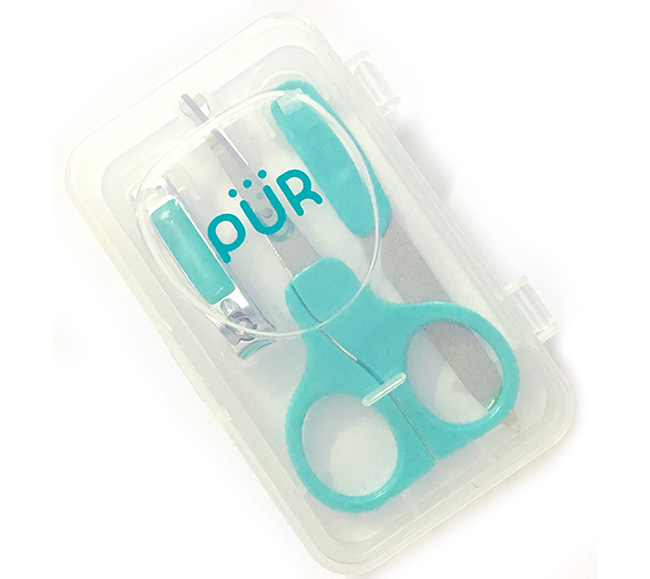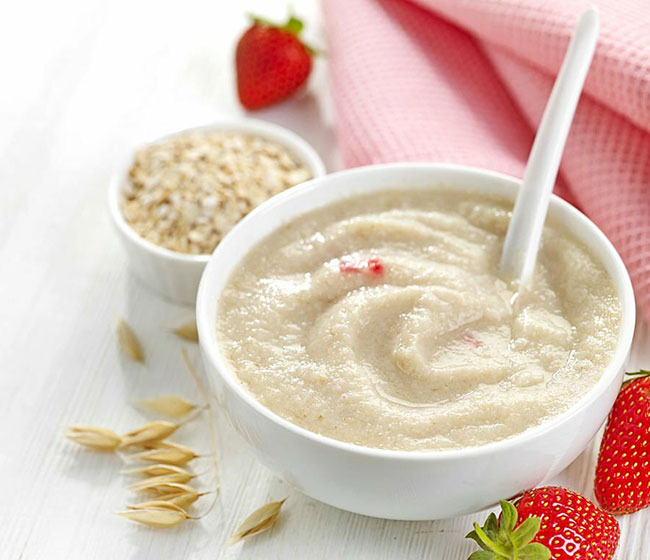Symptoms of Baby Reflux
1. Spitting Up: Frequent spitting up, sometimes forcefully, after feedings.
2. Irritability: Baby seems uncomfortable, fussy, or irritable, especially after eating.
3. Arching Back: Arching the back during or after feeding.
4. Poor Sleep: Difficulty sleeping or waking frequently due to discomfort.
5. Coughing or Wheezing: Occasional coughing or wheezing, which can be a sign of stomach contents reaching the airways.
6. Poor Weight Gain: Reflux can sometimes affect weight gain in babies.
Types of Baby Reflux
- GER (Gastroesophageal Reflux): Common and usually resolves on its own.
- GERD (Gastroesophageal Reflux Disease): Persistent and more severe form of reflux.
Causes of Baby Reflux
Immature Digestive System: In infants, the lower esophageal sphincter is still developing.
Positioning During Feeding: Feeding in a horizontal position can contribute to reflux.
Overfeeding: Feeding too much at once can overwhelm the baby's digestive system.
Food Sensitivities: Certain foods in the mother's diet (if breastfeeding) or the baby's diet can contribute.
Effective Treatments for Baby Reflux
1. Thickening Feeds: Adding rice cereal to breast milk or formula can help reduce reflux.
2. Frequent Burping: Burp your baby frequently during feedings to minimize swallowed air.
3. Upright Feeding Position: Keep your baby in an upright position during and after feeds.
4. Smaller, More Frequent Feedings: Reduce the volume of each feeding and increase the frequency.
5. Avoid Overfeeding: Pay attention to your baby's cues and avoid overfeeding.
6. Burp After Feedings: Ensure thorough burping to release trapped air.
7. Elevate Baby's Head During Sleep: Elevate the head of the crib slightly to reduce nighttime reflux.
8. Medications: In severe cases, your pediatrician may recommend medications to reduce stomach acid.
When to Consult a Doctor
While mild reflux is normal, consult a doctor if:
- Severe Symptoms: If your baby is experiencing severe discomfort.
- Poor Weight Gain: If there are concerns about weight gain.
- Respiratory Issues: If reflux is causing breathing difficulties or persistent coughing.
Understanding the symptoms and effective treatments for baby reflux can help parents navigate this common condition with confidence. While most cases improve with simple interventions, consulting a pediatrician ensures proper management, especially in more severe instances.
A combination of lifestyle adjustments, feeding modifications, and, in some cases, medical intervention can help provide relief for both the baby and parents, fostering a more comfortable and happy infancy.






























